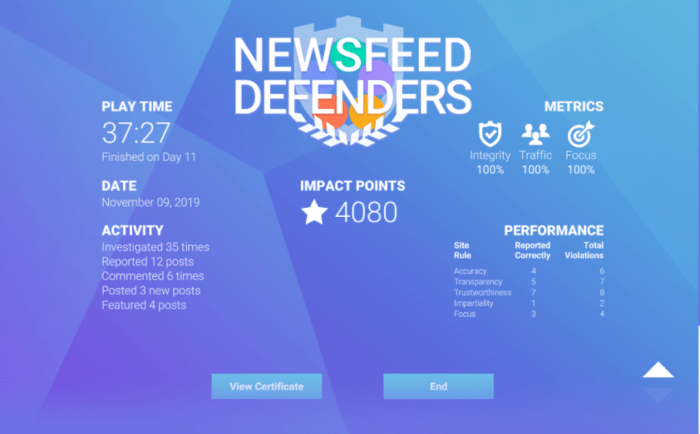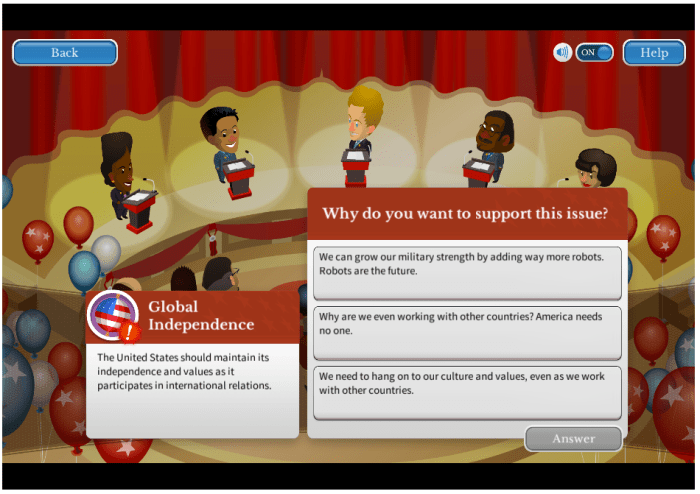You ve got rights icivics answer key – The “You’ve Got Rights” lesson from iCivics is a comprehensive educational resource that empowers students to understand and exercise their rights as citizens. This engaging and informative lesson covers a wide range of topics, including the different types of rights protected by the U.S.
Constitution, the importance of due process and equal protection under the law, and the various ways in which citizens can exercise their rights.
Through interactive activities, simulations, and real-world examples, the lesson provides students with a deep understanding of their rights and responsibilities as citizens. It also highlights the importance of civic engagement and informed decision-making in protecting individual freedoms.
1. You’ve Got Rights
Introduction
The “You’ve Got Rights” lesson from iCivics aims to educate students about their fundamental rights as citizens of the United States. It explores the key concepts of individual rights, due process, and equal protection under the law, providing a comprehensive understanding of the U.S.
Constitution and its role in safeguarding civil liberties.
2. Understanding Your Rights
Types of Rights Protected by the U.S. Constitution
The U.S. Constitution guarantees a wide range of rights to individuals, including the right to free speech, assembly, religion, and due process of law. These rights are essential for protecting individual freedoms and ensuring a just and equitable society.
Importance of Due Process and Equal Protection
Due process requires that legal proceedings be fair and just, ensuring that individuals are not deprived of their life, liberty, or property without proper legal procedures. Equal protection prohibits discrimination based on factors such as race, gender, or religion, guaranteeing equal treatment under the law for all.
Landmark Supreme Court Cases, You ve got rights icivics answer key
- Marbury v. Madison(1803): Established the principle of judicial review, giving the Supreme Court the power to declare laws unconstitutional.
- Brown v. Board of Education(1954): Declared racial segregation in public schools unconstitutional, paving the way for desegregation.
3. Exercising Your Rights

Ways to Exercise Rights
Citizens can exercise their rights through various means, such as activism, voting, and public discourse. Activism involves organized efforts to bring about social or political change, while voting allows individuals to choose their representatives and influence government decisions.
Role of Civic Engagement and Informed Decision-Making
Civic engagement is crucial for protecting individual rights. It encourages active participation in the political process and promotes informed decision-making based on a deep understanding of issues and candidates.
4. Protecting Your Rights: You Ve Got Rights Icivics Answer Key
Challenges to Protecting Individual Rights
Protecting individual rights faces challenges in a changing society. Technological advancements, globalization, and evolving social norms can impact the interpretation and application of civil liberties.
Role of Courts, Law Enforcement, and Government Agencies
Courts, law enforcement agencies, and government organizations play a vital role in safeguarding civil liberties. They enforce laws, investigate violations, and ensure that individuals’ rights are respected.
Organizations and Initiatives
- American Civil Liberties Union (ACLU)
- Electronic Frontier Foundation (EFF)
- National Association for the Advancement of Colored People (NAACP)
5. The Impact of the “You’ve Got Rights” Lesson

Effectiveness in Teaching Students about Their Rights
The “You’ve Got Rights” lesson effectively introduces students to their constitutional rights and the importance of civic engagement. It provides a solid foundation for understanding the role of the government in protecting individual freedoms.
Potential Impact on Students’ Understanding of Civics
This lesson can foster a deeper appreciation for civics and the responsibilities of citizenship. By understanding their rights, students can become more active and informed participants in the democratic process.
Suggestions for Enhancing the Lesson’s Impact
- Incorporate real-world examples and case studies to make the content more relatable.
- Encourage students to engage in discussions and debates to foster critical thinking and perspective-taking.
- Provide opportunities for students to participate in civic activities, such as volunteering or attending local government meetings.
Frequently Asked Questions
What are the different types of rights protected by the U.S. Constitution?
The U.S. Constitution protects a wide range of rights, including the right to freedom of speech, religion, assembly, and the press; the right to bear arms; the right to due process and equal protection under the law; and the right to vote.
What is the importance of due process and equal protection under the law?
Due process and equal protection under the law are essential to ensure that all citizens are treated fairly and justly by the government. Due process requires that the government follow certain procedures before depriving a person of life, liberty, or property.
Equal protection requires that the government treat all citizens equally under the law, regardless of their race, religion, gender, or other characteristics.
What are some examples of landmark Supreme Court cases that have shaped the understanding of individual rights?
Some examples of landmark Supreme Court cases that have shaped the understanding of individual rights include Brown v. Board of Education, which ruled that racial segregation in public schools was unconstitutional; Miranda v. Arizona, which established the Miranda rights that must be read to suspects before they are questioned by the police; and Roe v.
Wade, which legalized abortion.